As an Indie artist trying to figure out how to distribute your music, how to get your music on iTunes, and how to reach a wider audience, legal issues are probably the last thing on your mind. However, making sure your music is protected, and understanding what that means, is important for every artist – especially an indie artist not backed by a major label. This 101 guide to copyrighting will help you learn what you need to know.
First of all, you should know what does copyrighting your music actually gives you. Once your music is copyrighted, you have six basic rights: you can reproduce the work, make derivatives from it, distribute copies for sale, perform it publicly, display it, and, for sound recordings, perform it through audio transmission (Cornell Law).
So, how do you get this copyright? Technically, once you’ve created it (written it down or recorded it) you have an automatic copyright. However, it is still a good idea to register it with the U.S. Copyright Office. It is more official, it prevents someone from questioning a song’s originality, and it can prevent disputes between band mates. Usually, a copyright means that royalties made from your song will be split evenly among bandmates, unless you specifically have a different agreement in writing. Having agreements set in stone is very helpful in preventing arguments about contributions and who deserves what.
There are also two different kinds of copyrights for musical works – musical composition, and sound recording. Musical composition means that you wrote the song, and sound recording means you recorded it, and that sound recording is known as a master. Some record companies gain the rights to their artists’ masters, which limits their ability to do what they want with their music. If you’re thinking about signing a record contract, make sure you are aware of who has ownership of the masters, and try to keep it for yourself.
Joining a performing rights association is also a good idea when trying to protect your copyrighted works. The biggest two in the U.S. are ASCAP and BMI, who make sure you get the royalties you are owed by tracking your music and making sure you are paid when your song is played. A lot of artists are owed more than they know for songs that are their copyrighted property.
One common misconception is that there is a 5 second rule, or 4 or 6 or 8 bar rule, that allows someone to use a very small portion of another artist’s song. This is simply not the case, and using any part of someone else’s copyrighted work is infringement. Another important issue to note is that any distribution of music that is not yours is considered copyright infringement, even if you are not profiting from it. So using a part of someone’s music and posting it on a blog as a free download is technically illegal. Someone could do this to your music, so you should be aware that copyright protects you from it.
Now that you know all about copyright, you can go back to doing what you love – making your own beautiful (and protected) music! For more information about indie music news, and how to get your music on iTunes, follow our SongCast blog!









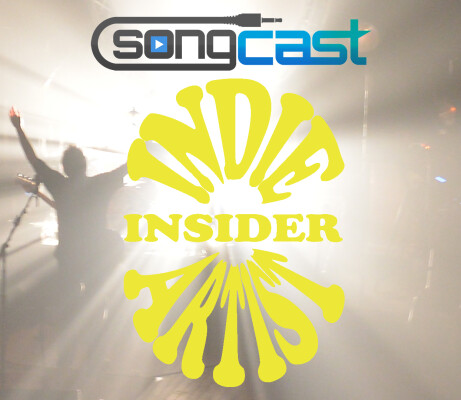
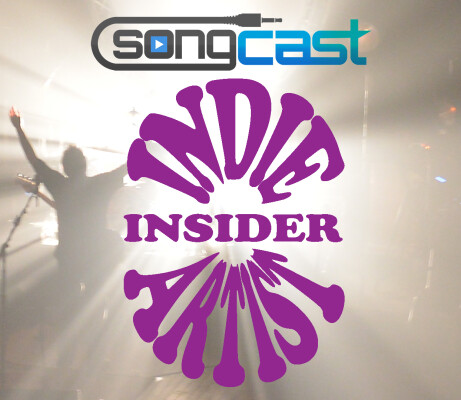
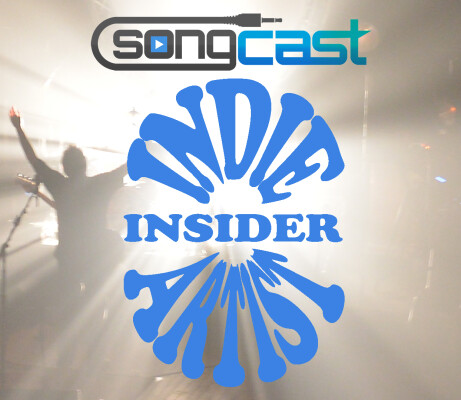
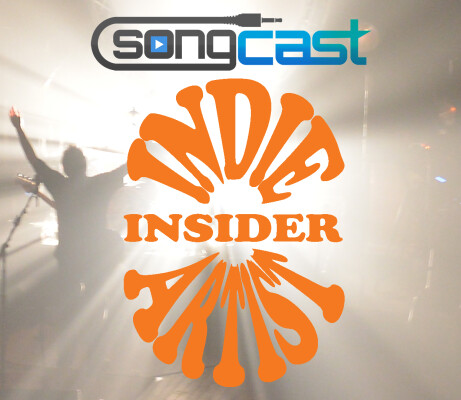






























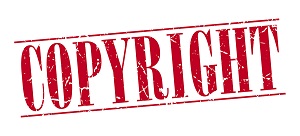
Comments
No comment